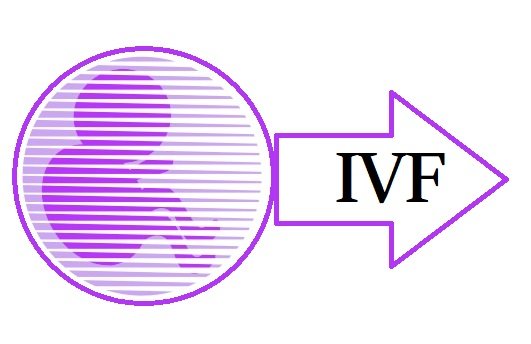5 Emotional & Physical Reasons IVF May Fail – Dr. Runa’s Insights
In vitro fertilization (IVF) has given hope to millions of couples struggling with infertility. However, despite advancements in reproductive medicine, IVF success is not guaranteed. Understanding why IVF may fail can help patients prepare better and make informed decisions. Here are five key emotional and physical factors that can impact IVF outcomes:
1️⃣ Stress & Anxiety: The Hidden Culprit
Emotional well-being plays a crucial role in fertility treatments. High levels of stress and anxiety can trigger hormonal imbalances, affecting ovulation and implantation. Studies suggest that chronic stress may reduce the chances of a successful pregnancy. Engaging in stress-relief activities such as yoga, meditation, and counseling can positively influence IVF outcomes.
2️⃣ Age-Related Decline: The Fertility Timeline
Age is a critical factor in IVF success. Fertility naturally declines with age, particularly after 35, as the quantity and quality of eggs decrease. Women over 40 have a significantly lower chance of achieving pregnancy through IVF due to diminished ovarian reserve and increased risk of chromosomal abnormalities. For those in this age group, options such as egg freezing or donor eggs can improve success rates.
3️⃣ Ovarian Response: The Impact of Stimulation Drugs
During IVF, medications are used to stimulate the ovaries to produce multiple eggs. However, some women, especially those with low ovarian reserve or conditions like polycystic ovary syndrome (PCOS), may respond poorly to these drugs. If fewer eggs are retrieved, the chances of obtaining a healthy embryo decrease. A fertility specialist can customize medication protocols based on an individual’s hormonal profile to optimize response.
4️⃣ Embryo Transfer Issues: A Delicate Process
Even when high-quality embryos are created, the transfer process must be smooth for implantation to occur. Technical difficulties, uterine abnormalities, or inflammation can interfere with successful embryo implantation. A thorough evaluation, including hysteroscopy or ultrasound scans, can help detect and address any uterine conditions before the transfer.
5️⃣ Unexplained Infertility: The Unknown Challenge
For some couples, all tests may appear normal, yet IVF cycles still fail. This condition, known as unexplained infertility, can be frustrating and emotionally draining. Factors like embryo quality, endometrial receptivity, or subtle immune issues may be involved. Advanced tests and personalized treatment strategies, such as preimplantation genetic testing (PGT) or endometrial receptivity analysis (ERA), may offer new insights.
How to Improve IVF Success Rates
While these challenges may seem overwhelming, there are several ways to enhance your chances of IVF success:
✅ Maintain a healthy lifestyle with a balanced diet and regular exercise.
✅ Manage stress through relaxation techniques and emotional support.
✅ Consult with a fertility expert for tailored treatment plans.
✅ Consider advanced fertility testing if previous cycles have failed.
✅ Stay informed about the latest reproductive technologies and options.
Final Thoughts
IVF is a journey of resilience and hope. Understanding the potential hurdles and working closely with an experienced fertility specialist can make all the difference. If you're considering IVF or have experienced a failed cycle, don’t lose heart. Every step brings you closer to your dream of parenthood.
For personalized fertility advice, feel free to consult Dr. Runa Acharya and explore the best treatment options for your journey to parenthood.


